Li Keqiang's departure means political leaders of Xi's generation have all but retired
Li Keqiang delivered his last government work report on 5 March in his capacity as Chinese premier, a role he had held for a decade. With his departure from the scene comes the retreat of fellow CYL faction cadres, and the retirement of the political leaders of Xi's generation. Zaobao correspondent Yu Zeyuan has the details.

After a decade in the role, outgoing Chinese Premier Li Keqiang delivered his last government work report on 5 March at Beijing's Great Hall of the People. Over 5,000 National People's Congress (NPC) deputies and Chinese People's Political Consultative Conference (CPPCC) members gave him a 37-second ovation.
Li applauded in response, walking to the centre of the stage and taking a bow at the audience and rostrum. Returning to this seat, he bowed deeply to the officials in attendance once again, as if bidding farewell to the fanfare he knew so well.
For the past ten years, Li has been delivering the government work report during the Two Sessions (两会, Lianghui) or annual meetings of the NPC and the CPPCC. His annual press conference at the close of the Lianghui was his time in the limelight.
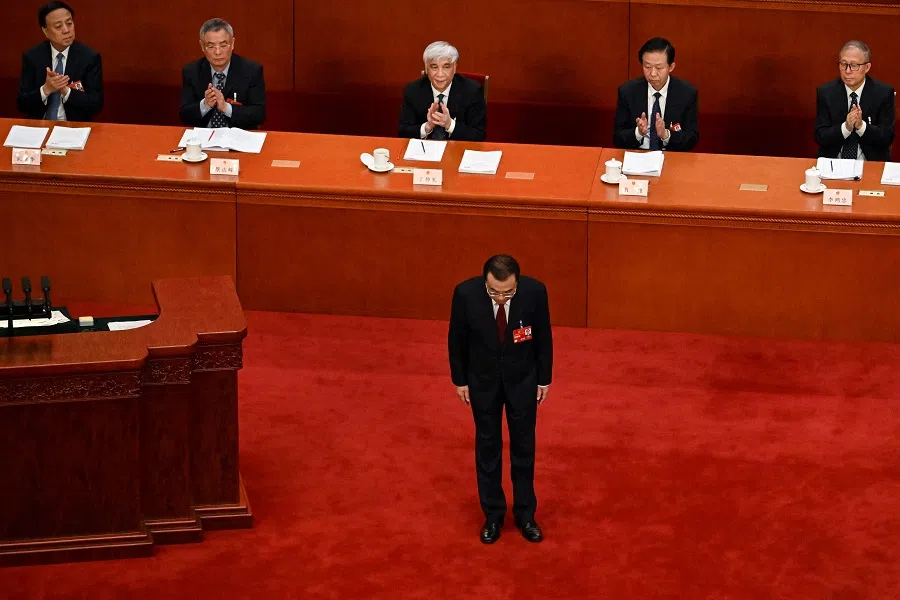
As Chinese premiers are limited to two five-year terms, it is no surprise that Li is stepping down. Foreign observers had initially guessed that Li would move on to become the chairman of the Standing Committee of the NPC. However, during the Chinese Communist Party (CCP)'s 20th Party Congress last October, Li was not among the members of the new Central Committee, indicating that Li would retire from politics after the Two Sessions this year.
It was during the rise of the CYL faction that Li rose through the ranks.
Rising with the rise of the CYL faction
Li, just shy of the CCP's retirement age of 68, was a zhiqing (知青, urban intellectual youth) who had been "sent down" to China's mountainous areas or farming villages to learn from the workers and farmers. He served as party branch secretary of a brigade before entering Peking University (PKU)'s Law School in 1978. After graduating in 1982, he stayed on as secretary of the Communist Youth League (CYL) committee of PKU, and became a member of the Standing Committee of the CYL Central Committee.
Since the 1980s, the CYL has been an important base for selecting CCP cadres. The CYL was viewed as a "reserve army" from which to draw talents; at that time, cadres were ageing and the issue of cadre rejuvenation was pressing. Moreover, because the CYL had long been helmed by then-CCP General Secretary Hu Yaobang, cadres with CYL experience were favoured.
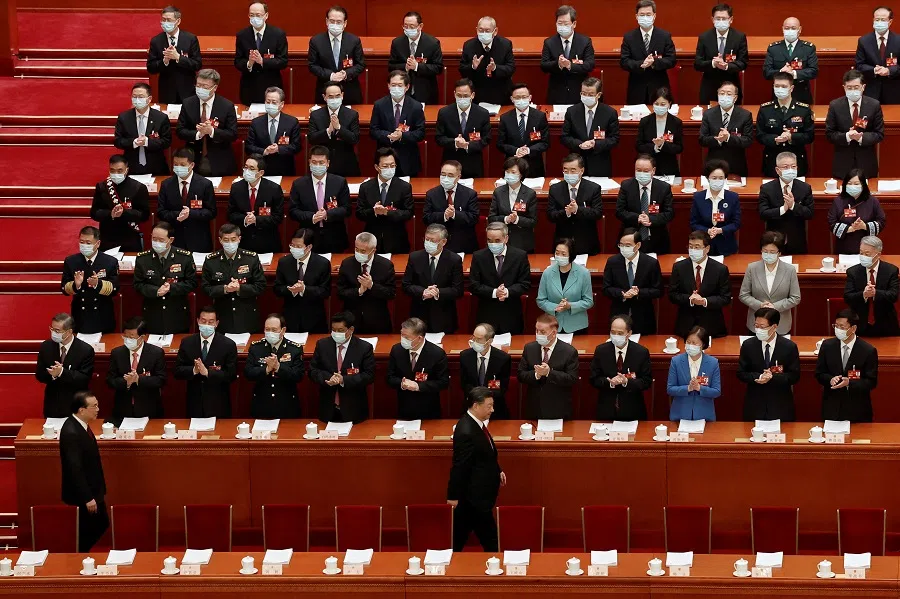
It was during the rise of the CYL faction that Li rose through the ranks. In 1983, 28-year-old Li became an alternate member of the secretariat of the CYL Central Committee, working under the leadership of Hu Jintao. In 1985, Li became a secretary in the secretariat of the CYL Central Committee at the age of 30, becoming China's youngest official at the bureau-director level back then.
In 2004, Li was transferred to Liaoning as party secretary, and was once seen as a likely successor to China's top post.
Once a contender for the top post
In 1993, 38-year-old Li was made the first secretary of the secretariat of the CYL Central Committee, becoming China's youngest official at the ministerial level at the time. From 1998 to 1999, Li served as acting governor and then governor of Henan province, and was also China's youngest governor at the time.
After the CCP's 16th Party Congress in 2002, Hu became general secretary of the CCP and Li was promoted to Henan's party secretary. In 2004, Li was transferred to Liaoning as party secretary, and was once seen as a likely successor to China's top post.
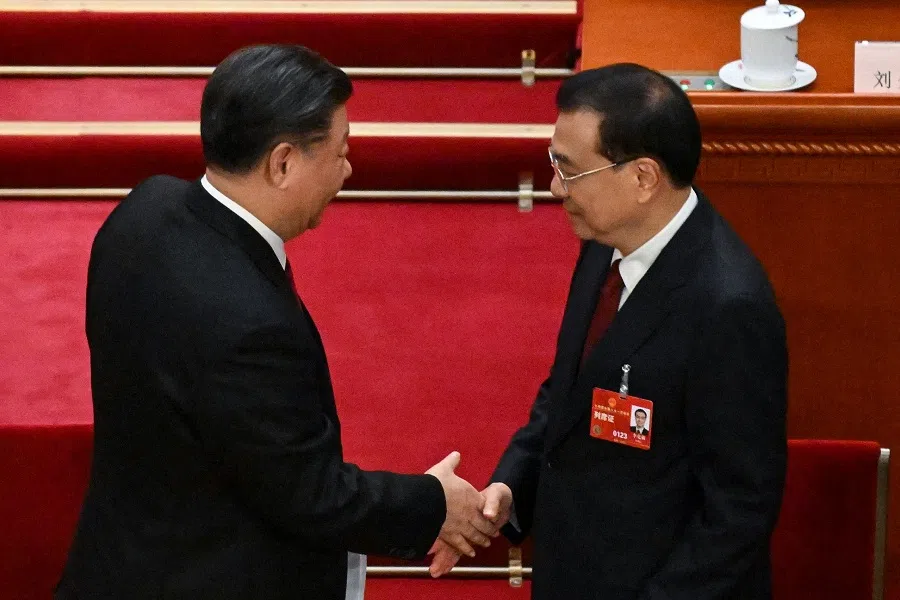
After the CCP's 17th Party Congress in 2007, Li was directly promoted to Politburo Standing Committee (PSC) member from Central Committee member, and became the first-ranked vice-premier in 2008. However, Li ranked just behind Xi Jinping in the PSC.
After the CCP's 18th Party Congress in 2012, Li became the second-ranked member of the PSC. In March 2013, he began his decade-long tenure as China's premier.
Missing the economic target
Li's first press conference after becoming premier was peppered with confident soundbites, such as "To provide a better life for people, the government has to practice austerity"; "Use the market to replace the improper roles of government"; "We should practice what we preach and cannot afford to dwell on the trivial."
Li is one of the few Chinese leaders who can publicly speak and engage in English. In March 2022, in his last press conference as premier, Li reiterated that China would stay the course of greater openness, saying that "just as the course of the Yangtze and Yellow rivers will not be reversed," China cannot and will not close the "door of opportunity".
While there were many complex and varying international and domestic factors for this, it was the first time that China missed its economic target, and an unfortunate regret during Li's premiership.
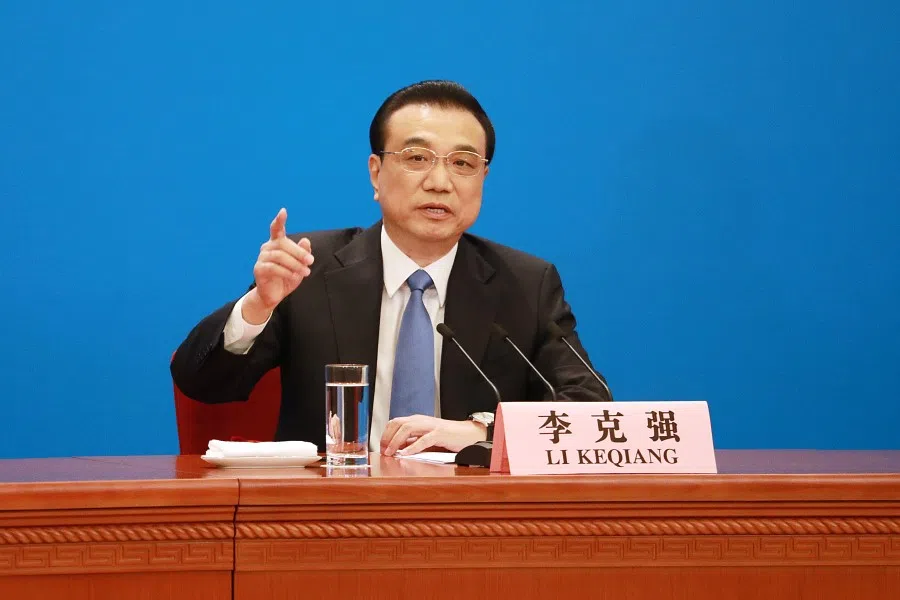
However, the 5.5% economic growth target set in the 2022 government work report was not met, with just 3% growth for the year. While there were many complex and varying international and domestic factors for this, it was the first time that China missed its economic target, and an unfortunate regret during Li's premiership.
Fall of the CYL faction
Li's stepping down also marks the weakening influence of cadres from the CYL on Chinese politics, meaning those who rose from the secretariat of the CYL Central Committee or provincial-level CYL leaders to at least ministerial-level officials.
The CYL system came up in the 1980s, peaking before the 18th Party Congress in 2012 and producing two CCP general secretaries Hu Yaobang and Hu Jintao, and Li Keqiang, PSC Wang Yang, Politburo members Li Yuanchao, Liu Yandong, Wang Zhaoguo, Liu Qibao, Hu Chunhua, as well as many local officials and central committee leaders.
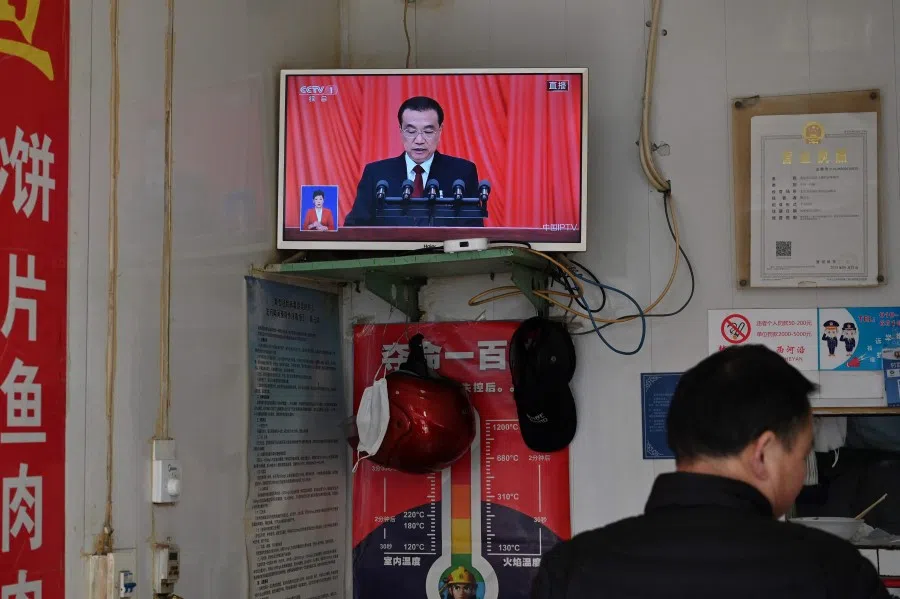
However, the CYL cadres were often criticised for not connecting with the ground and being unable to solve real problems. After the 18th Party Congress, the CYL system was said to be suffering from "paralysis at a high level" and became the target of reforms, while cadres who were previously CYL central leaders and provincial-level leaders were no longer valued as before.
Li's stepping down also means that the political leaders of Xi's generation have basically all retired from politics.
Xi's generation retired from politics
Before the 20th Party Congress, former Minister of Natural Resources Lu Hao - previously first secretary of the secretariat of the CYL Central Committee - was transferred to head the Development Research Center of the State Council. After the 20th Party Congress, Vice-Premier and former Politburo member Hu Chunhua - previously first secretary of the secretariat of the CYL Central Committee - was left out of the new Politburo. At this year's Two Sessions, Chief Justice and President of the Supreme People's Court of China Zhou Qiang - previously first secretary of the secretariat of the CYL Central Committee - will be transferred along with Hu Chunhua as vice-chairpersons of the Chinese People's Political Consultative Conference (CPPCC). CPPCC chairman Wang Yang - once the CYL deputy party secretary for Anhui - will also retire.
Li's stepping down also means that the political leaders of Xi's generation have basically all retired from politics. PSC member Li Qiang will come under the spotlight as he takes over from Li Keqiang as premier.
This article was first published in Lianhe Zaobao as "李克强谢幕".



![[Big read] When the Arctic opens, what happens to Singapore?](https://cassette.sphdigital.com.sg/image/thinkchina/da65edebca34645c711c55e83e9877109b3c53847ebb1305573974651df1d13a)
![[Video] George Yeo: America’s deep pain — and why China won’t colonise](https://cassette.sphdigital.com.sg/image/thinkchina/15083e45d96c12390bdea6af2daf19fd9fcd875aa44a0f92796f34e3dad561cc)
